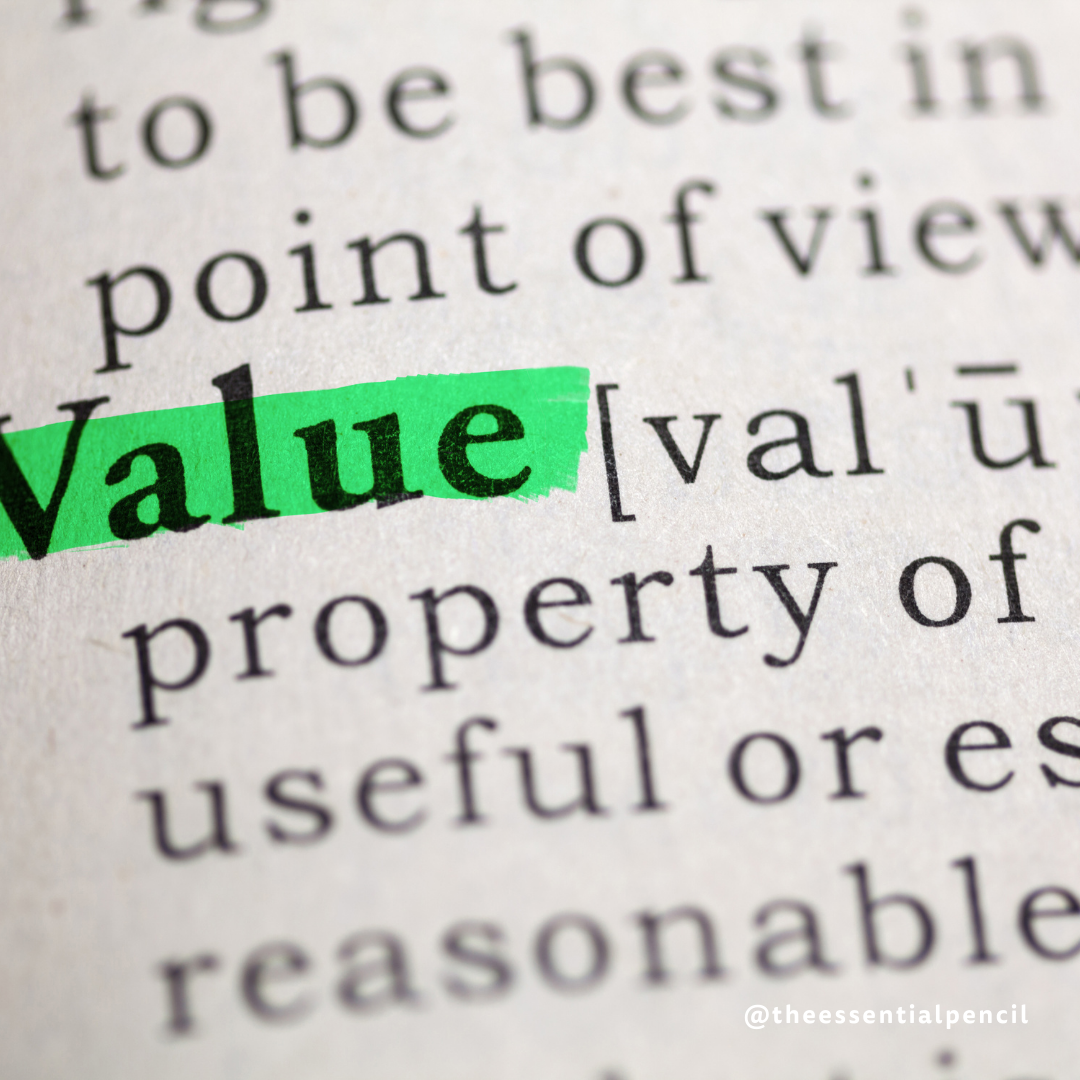
Writer's Corner
Julie and Dawn are on a mission to rid the world of bad business writing. Check out these articles to help you become an excellent writer. Thanks for joining the crusade!
Tips for writing in active voice
A person who writes in active voice will communicate more directly, clearly, and concisely. But a person may draft sentences in passive voice and then need to change them into active voice through editing.
Why active voice is valuable
Although writing in passive voice isn’t incorrect, active voice is often a better fit for business writing because it helps a writer be more direct, clear, and concise.
What is active voice?
In English, all sentences are in either passive or active voice. Active voice means that the subject of a sentence acts upon the verb or “A does B.” That is, the verb follows the subject in a sentence.
Structuring paragraphs
Readers expect writing to appear in paragraphs. Writers should match one main idea to one paragraph. The order of and connections between sentences within a paragraph set the logic of your persuasive writing.
Pyramid Principle
Consultants use the Pyramid Principle to structure an argument. The method was created by a former McKinsey and Company consultant, Barbara Minto, who went on to write books and teach classes about it.
Your reader’s interests
Much of the business writing we do is intended to change someone’s point of view or compel them to act.
Ease of reading
As writers, one of our main responsibilities is to make it easy for a reader to comprehend what we’re trying to communicate.
Reader’s existing knowledge
As writers, we apply the lenses of our experiences: what we think, what we believe, and what we’ve learned. And we apply those filters to what we express about the world around us.
Forget lessons from school
Our formal schooling teaches us to write so we demonstrate our knowledge. (Remember the political science professor who assigned you a term paper comparing the U.S. and U.K. foreign policies?) But that approach doesn’t serve us well once we are in the workplace.
Architect and carpenter roles
Once all ideas are on the page, and you step out of your madman phase, begin selecting large portions of text and arrange them in a lose order. This is the architect phase.
Let your madman out
Ever feel like you don’t make much progress when you begin drafting a document?
Well, don’t fill too many roles simultaneously!
Editing your own emails
We’ve all received them. Work emails that go on and on, and on and on. Maybe you’ve even written a few in your career.
Making sentences more concise
Nearly every writer produces early drafts that contain far too many words, let alone ideas. The most effective step to pare back your drafts and maximize brevity and clarity is to leave enough time in between drafting a document and editing it.
Cheers to Library Lover’s Day
Most know today as Valentine’s Day. But for those who frequent their local or school library, there’s another reason to celebrate today: Library Lover’s Day!
Old-New Information Principle
In situations where a bottom line up front approach isn’t a good fit for an introductory paragraph, a reader may need more information.
Purpose of an introduction
A good introduction paragraph convinces your readers to value what you’ve written and gives them a reason to continue reading.
Use subject line effectively
You can use the subject line to state the purpose of the email. Tell the recipient if you need a reply and by when.




















